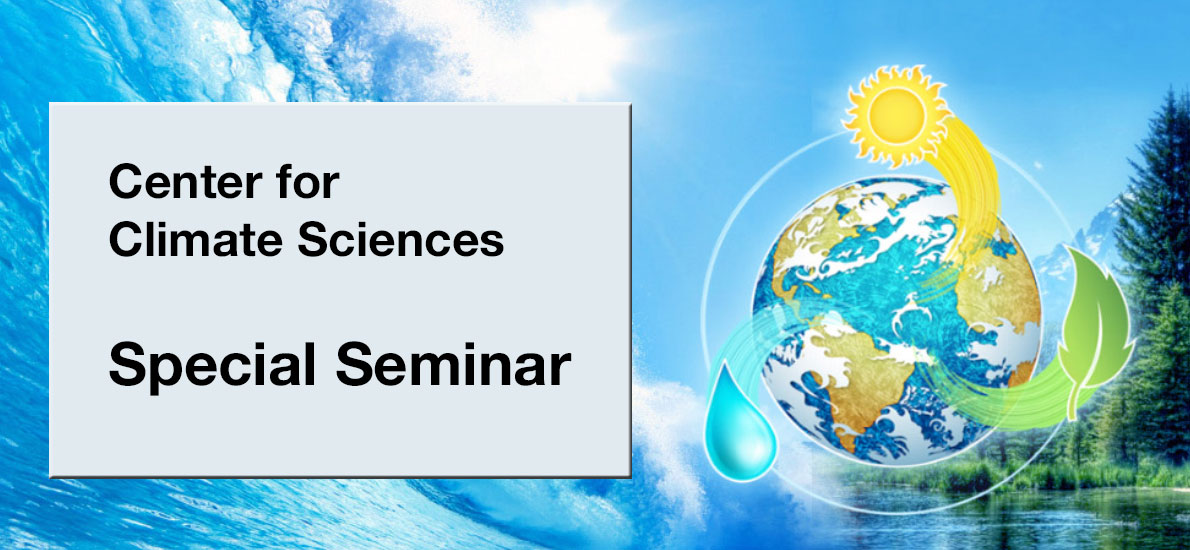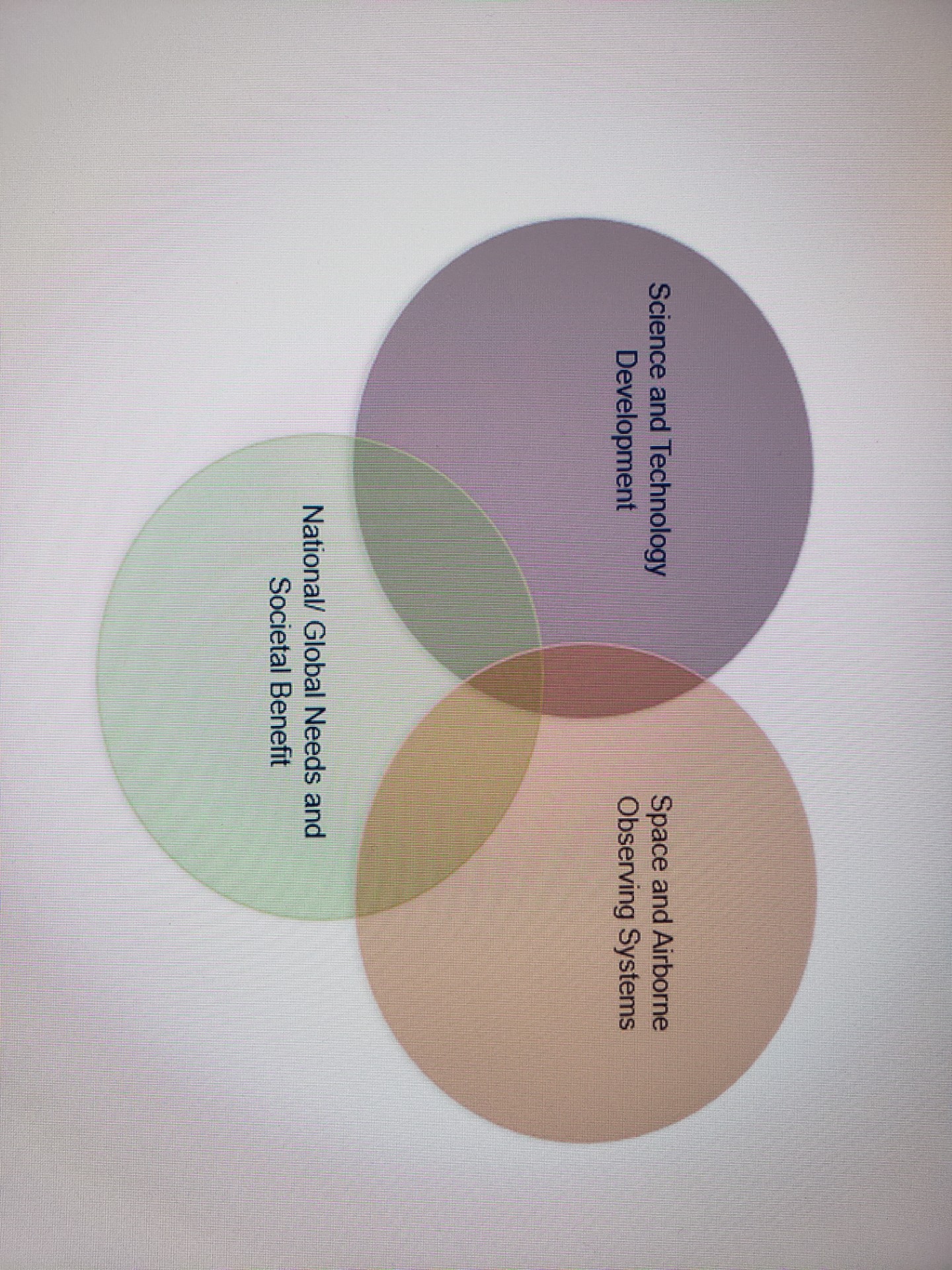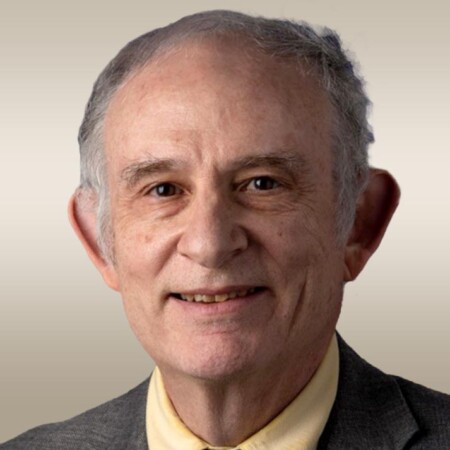Seminars
Integration of Vantage Points, Approaches, Programs, and Communities: Reflections on More than a Quarter Century of NASA Earth Science Program Management
December 4, 2025
| 180 – 101 conference room & Microsoft Teams, 11:30 am – 12:30 pm
› view lecture

About this Lecture

Jack Kaye retired on April 30, 2025 after working at NASA for 41 years as a researcher, program manager, and Senior Executive. The largest portion of his career (>25 years) was spent overseeing the Earth Science research program. In this talk, he will share his experiences in this role, emphasizing the research program's efforts in integrating vantage points, approaches, programs, and communities. Challenges faced, lessons learned, and programmatic accomplishments will be reviewed, along with personal thoughts on potential program evolution in the future in the face of programmatic and budgetary uncertainty.
About

Jack A. Kaye retired on April 30 this year after a 41-year career at NASA as a researcher, program manager, and executive. He started as a stratospheric ozone researcher at the Goddard Space Flight Center in 1983, joined Headquarters to manage the Atmospheric Composition Modeling and Analysis Program in 1990, and was promoted to run NASA’s Earth Science research program in 1999. In this role he provided scientific, budgetary, and management oversight of NASA’s research in all components of Earth System Science as well as enabling activities in airborne science, scientific computing, space geodesy, early career research, and education. He played a leadership role in interagency coordination of US Earth Science efforts in climate and weather, most notably as NASA’s long-time principal for the US Global Change Research Program. Internationally, he chaired the World Meteorological Organization’s Expert Team on Satellite Systems and then served as vice chair of its Expert Team on Space Systems and Utilization and was active in bilateral and multilateral efforts in remote sensing and climate research. He was elected as a Fellow by AMS and AAAS. He has been the recipient of numerous awards, including the NASA-USGS Pecora Award (Individual) in 2024, the NASA Distinguished Service Medal in 2022, and three Meritorious Senior Executive awards from the Office of Personnel Management. He has degrees in chemistry from Adelphi University (BA) and the California Institute of Technology (PhD) and did post-doctoral work at the US Naval Research Laboratory.
